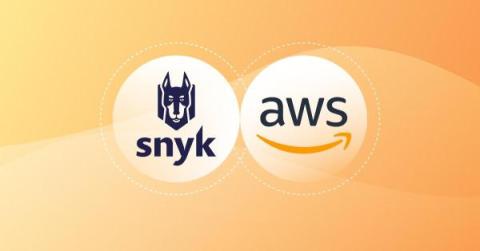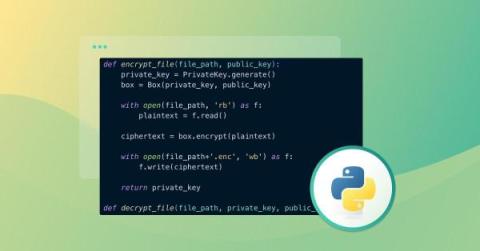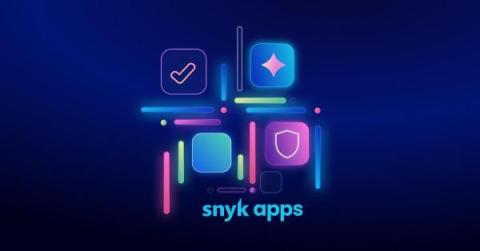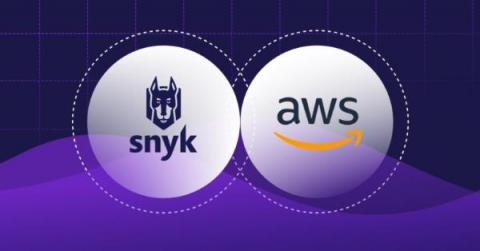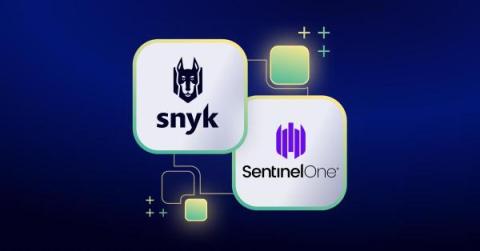A DevSecOps solution for your apps on AWS from Snyk
AWS offers the infrastructure, innovation, services, and reliability to run your mission-critical applications, which is why millions of customers partner with AWS to build, run, and scale applications in the cloud. But how can customers proactively ensure the security of these critical applications?


